Feedback
Feedback is crucial in developing talent, improving morale, aligning teams, solving problems, and boosting the bottom line, and so organizations invest heavily on training their people — on how to “give” feedback. And that’s useful. Yet if the feedback receiver isn’t ready or able to absorb the feedback, then there’s only so far skillfulness can go. Receivers are in control of what they let in, how they make sense of it, and whether they choose to change.
So focusing on the givers (what we call the “push” model of learning), only takes you so far. The real leverage for individual and organizational learning and change is in creating Pull — helping people get better at the challenging skill of receiving feedback so that they can drive their own learning.
This workshop is based on our book Thanks for the Feedback: The Science and Art of Receiving Feedback Well (even when it’s off-base, unfair, poorly delivered, and frankly, you’re not in the mood), by Douglas Stone and Sheila Heen (Viking/Penguin, March 2014). We present a framework and tools for sorting through differing perceptions, regaining balance when the feedback is particularly rough, and managing common triggers so that we can learn and improve.
Key Skills
Take charge of your own learning
Develop awareness of your feedback rejection triggers
Discuss (and learn from) performance evaluations
Elicit coaching that is supportive and powerful
Avoid hearing judgment where there isn’t any
Regain balance and a learning stance even with the toughest criticism
Turn good advice into lasting change

